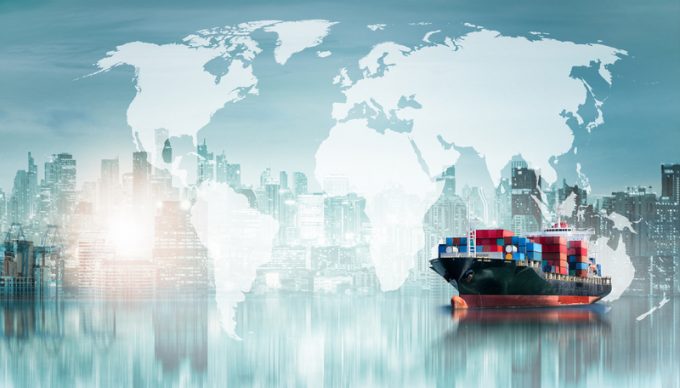Ever thought about the tariff grief cycle?
Let’s look, and don’t forget the green (net-zero 2050) angle…

This week, ICS used the launch of its new office in Shanghai to criticise the incoming EU Emissions Trading Scheme (ETS) and its application to shipping.
Simon Bennett, ICS deputy secretary general, on the podium in front of Chinese audiences, stressed “the importance” of “a legal ...

Comment on this article